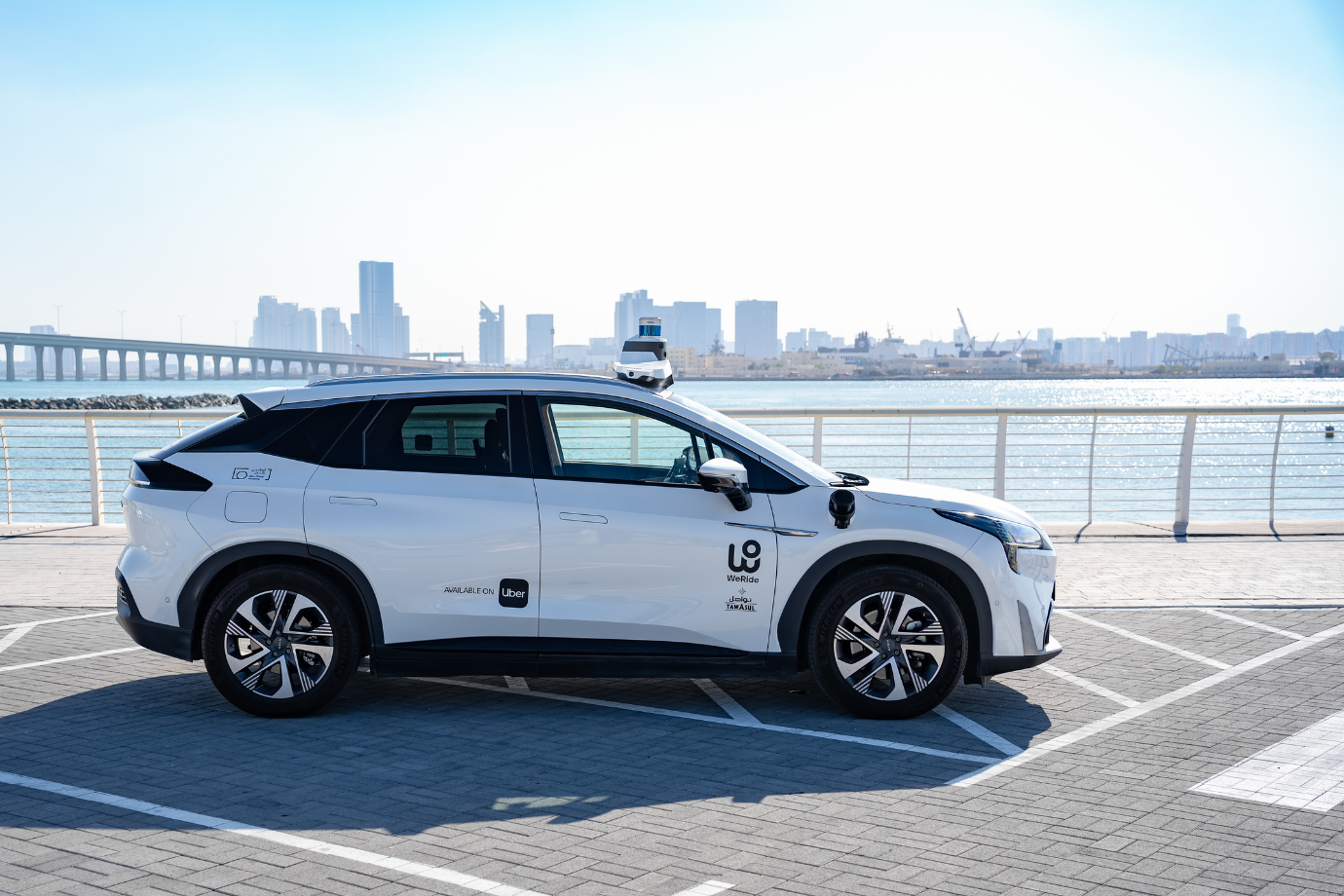Abu Dhabi Launches Sahel System to Improve Accessibility in Public Spaces

Abu Dhabi, the capital of the United Arab Emirates, is known for its advanced infrastructure, world-class developments, and commitment to sustainability. As the city continues to grow, it prioritizes inclusivity, ensuring that all residents and visitors, regardless of their mobility challenges, can navigate its spaces with ease. To reinforce this commitment, the Department of Municipalities and Transport (DMT) has introduced the Sahel Rating System, a mandatory framework designed to improve accessibility across buildings, public spaces, and communities.
This initiative, following a successful one-year pilot phase, has now become a requirement for new developments and will gradually be extended to existing buildings. By implementing strict accessibility standards, Abu Dhabi is setting an example for barrier-free urban development, aligning with national strategies that emphasize social inclusion and sustainability.
Ensuring Accessibility in Communities, Public Spaces, and Buildings
The Sahel Rating System ensures that accessibility is not limited to individual buildings but is integrated across entire neighborhoods and public spaces. It applies to three key categories: communities, public spaces, and buildings.
The Sahel Community Rating focuses on residential and master-planned developments, ensuring that neighborhoods incorporate accessible walkways, seamless public transport links, and shared community facilities. By prioritizing accessibility at the community level, Abu Dhabi ensures that mobility-friendly infrastructure is in place before residents move in.
The Sahel Public Realm Rating applies to parks, sidewalks, pedestrian crossings, and outdoor spaces. Abu Dhabi’s public areas, such as Corniche Beach, Umm Al Emarat Park, and Yas Island, are known for their vibrant recreational spots. Under Sahel, these locations must have wheelchair-friendly paths, designated seating, and clear directional signage.
Four-Tiered Rating System to Evaluate Accessibility
The Accessible rating is the basic certification level, meaning a building or public space meets the minimum accessibility requirements. This includes features such as ramps, designated parking spots, and barrier-free entrances.
The Adaptable rating signifies that a development goes beyond the basic requirements and is designed for future accessibility enhancements. Buildings with this rating include adjustable facilities, wider pathways, and assistive technology that allow modifications when needed.
The Inclusive rating ensures that a space offers a seamless and independent experience for people with disabilities, senior citizens, and families with children. This includes priority seating, step-free access, voice-assisted elevators, and sensory-friendly design elements.
The Exemplar rating is the highest level, awarded to developments that set the gold standard in accessibility. These spaces are fully inclusive, technologically advanced, and designed for universal access, making them global models of accessibility.
By defining these four levels, Abu Dhabi ensures that accessibility becomes an essential element of urban planning, rather than an afterthought.
Seamless Integration Across All Stages of Development
To ensure accessibility is not an afterthought, the Sahel Rating System is embedded into every stage of urban development. This approach guarantees that all new buildings, infrastructure projects, and public spaces comply with accessibility standards from the very beginning.
In the design phase, developers must submit accessibility-compliant plans before receiving approval. The DMT reviews these plans to ensure features like wheelchair access, clear pathways, and assistive signage are integrated.
During the construction phase, on-site audits are conducted to verify that approved accessibility features are being implemented correctly. Developers must submit compliance reports, confirming that elements such as ramps, elevators, and wayfinding systems meet the required standards.
Aligning with Abu Dhabi’s Vision for Social Inclusion
The launch of the Sahel Rating System is a direct reflection of Abu Dhabi’s long-term vision for social inclusion.The initiative supports key national strategies, including UAE Vision 2030, which prioritizes high-quality infrastructure and accessible living environments, and the People of Determination Strategy 2027, which aims to remove barriers and provide equal opportunities for people with disabilities.
Dr. Saif Sultan Al Nasri, Acting Undersecretary at DMT, emphasized the importance of this initiative, stating:
“The Sahel Rating System is a pivotal part of our efforts to enhance navigability and create a more inclusive emirate. By introducing this system, we are reinforcing our commitment to guarantee that every individual, regardless of their abilities, can engage with the spaces around them with ease.”
Additionally, the Sahel initiative aligns with the Year of Community, which focuses on enhancing social well-being and accessibility for all Abu Dhabi residents.
Upgrading Existing Buildings and Public Spaces
While the Sahel Rating System is currently mandatory for new developments, the government is also focused on retrofitting existing buildings and public areas to meet modern accessibility standards.
Many buildings constructed before accessibility regulations were introduced will require renovations, such as installing ramps, widening doorways, and adding assistive technology. The DMT is expected to work closely with property owners and urban developers, providing guidance on how to upgrade their facilities.
This effort ensures that no part of Abu Dhabi remains inaccessible, reinforcing the city’s status as a leader in global urban inclusivity.
Positioning Abu Dhabi as a Global Model for Accessibility
By launching the Sahel Rating System, Abu Dhabi is positioning itself alongside global cities known for high accessibility standards, such as London, New York, and Singapore. However, Abu Dhabi’s proactive approach to embedding accessibility into future urban planning sets it apart as a pioneering city.
With a growing smart city infrastructure, Abu Dhabi is also leveraging technology to improve accessibility. Features such as smart traffic signals, automated pedestrian crossings, and AI-driven accessibility tools are being introduced across the city.
Existing landmarks, such as the Louvre Abu Dhabi, Yas Marina Circuit, and major shopping malls, already meet high accessibility standards, serving as examples for future developments. As more spaces comply with Sahel requirements, Abu Dhabi will continue to be a benchmark for inclusive urban planning worldwide.
Shaping the Future of Inclusive Urban Development
As Abu Dhabi continues to evolve, the Sahel Rating System will play a crucial role in shaping the future of accessibility. By ensuring universal access to public spaces, buildings, and transportation, the emirate is paving the way for a city where every individual can live, work, and explore independently.
Through its visionary leadership and commitment to inclusivity, Abu Dhabi is setting a new global standard for accessible urban environments. The Sahel Rating System will serve as a model for future accessibility frameworks, ensuring that Abu Dhabi remains a city for everyone—regardless of physical ability.







